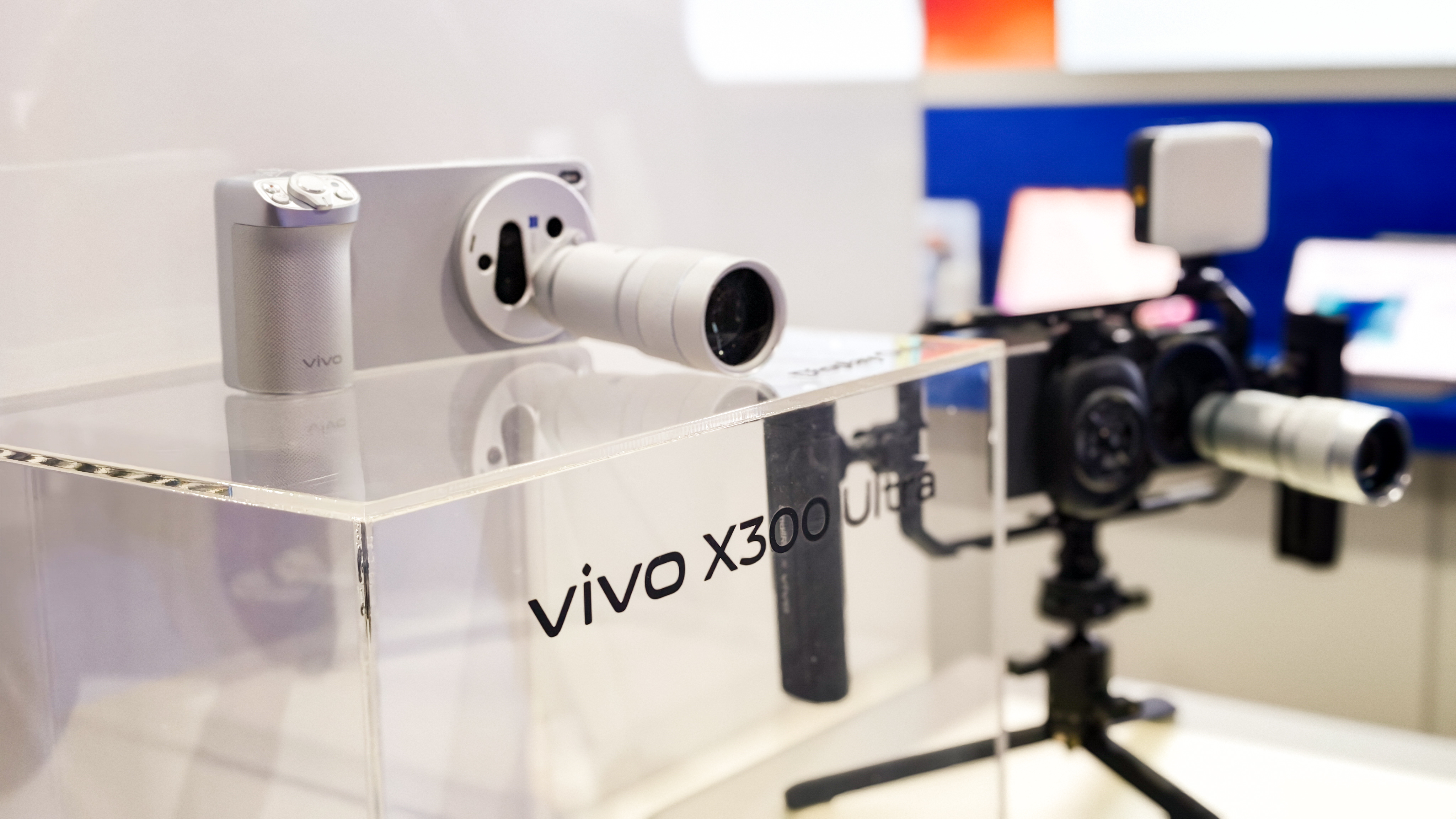Google's Pixel 5 is missing the one thing it needs most: a reason to exist
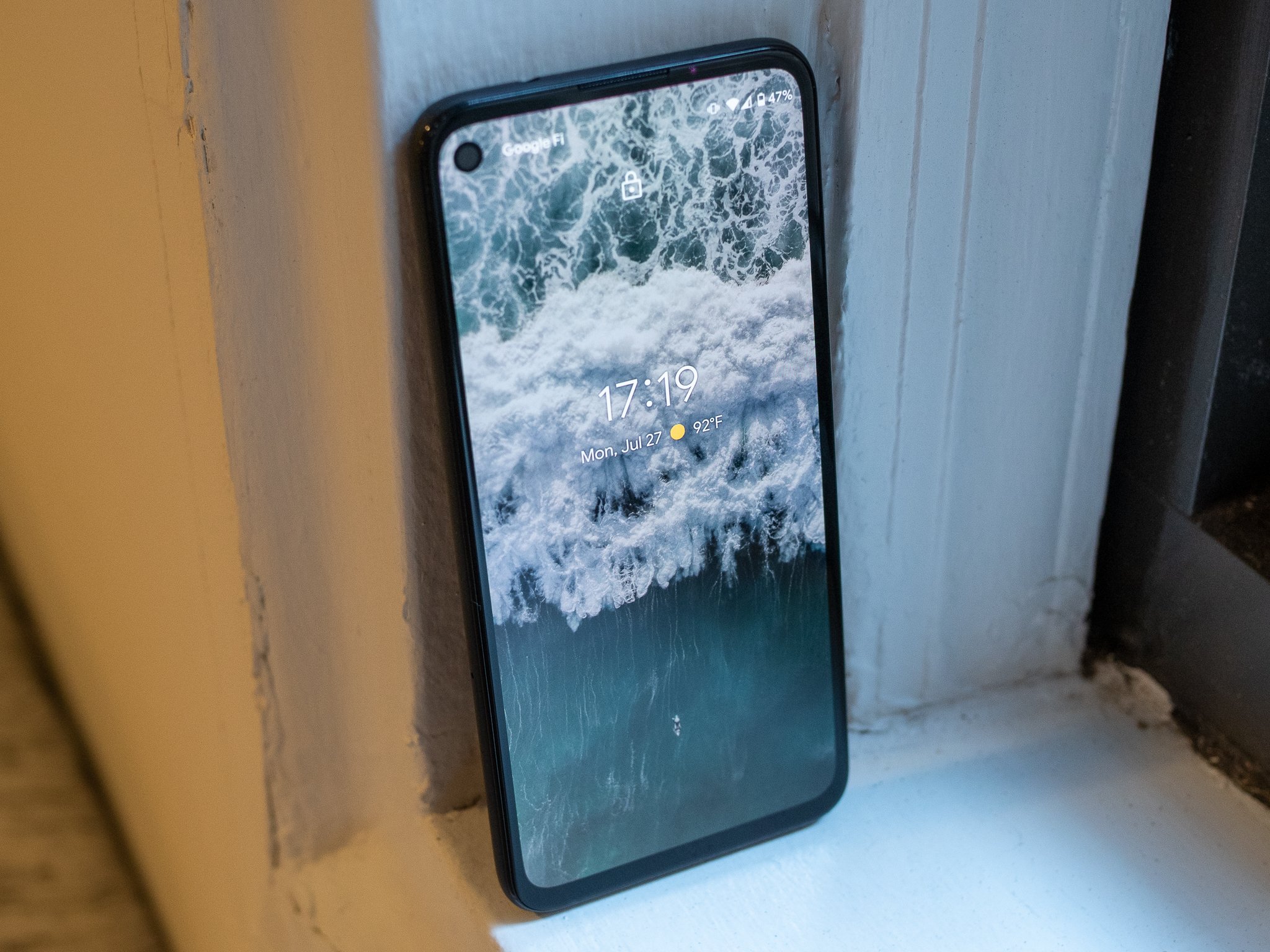
Get the latest news from Android Central, your trusted companion in the world of Android
You are now subscribed
Your newsletter sign-up was successful
Three things are clear about Google's Pixel business. First, it values both the low and high-end, as Sundar Pichai said: "If you want to drive computing forward, that high end is where you're going to also keep moving the needle. And it's where we are putting a lot of our effort into."
Second, Google really wants this to be a sustainable project over the long-term and not a flash in the pan.
Third, Google is failing at the first two parts.
There's a lot to love about Pixels, and I say that as a Pixel owner myself. The software that remains smooth, the outstanding camera, the aesthetic (for some), and the sheer Googliness of it all. There's also quite a bit to critique about it.
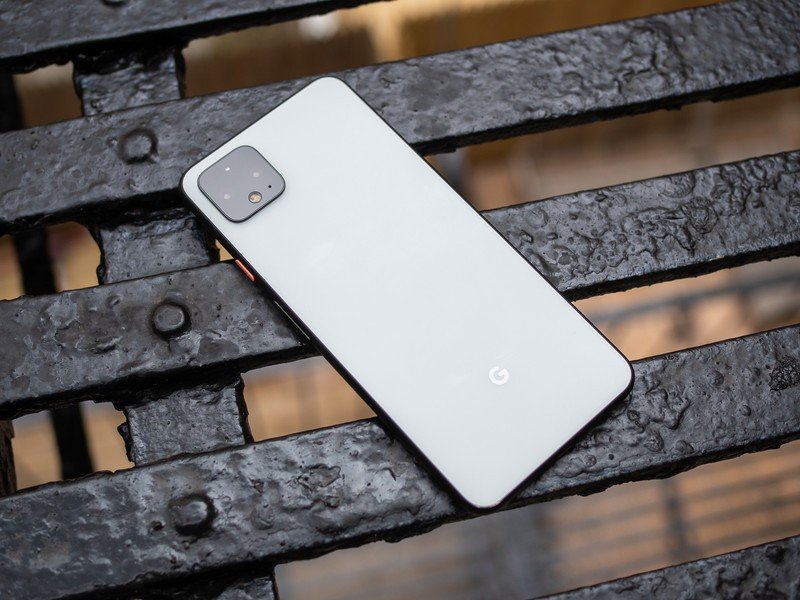
Right off the bat, we have the Achilles heel — hardware. Don't get me wrong, Google is able to do great things with limited specs. It pops out a Snapdragon 855 when other companies are shipping with an 855+. It's going for a 765 where others would go for an 865, a plastic build where premium glass and metal sandwiches draw eyes, and it's doing great things with these limited specs. It's praiseworthy, it's commendable, but it isn't enough.
The Pixel 5 doesn't need top-of-the-line specs, but it also has to find a way to be interesting and unique.
It's one thing to argue that specs are for people obsessed with speeds and feeds, and that's a good argument. It's another thing to undersell that specs meaningfully shape the experience. The Pixel 4 and 4 XL shipped with small batteries, the assumption that the software smarts would help pick up the slack. That our review was titled "Early to bed, Early demise" should show how well that worked out. Google shipped the Pixel 3 with 4GB of RAM. RAM management issues began to pop up. The Pixel 4 and 4 XL, camera-focused phones, were handicapped by poor video performance and couldn't even take part in the ultra-wide camera trend.
Now, it would be one thing if Google was acting against conventional advice and succeeding — definitively proving that it had the secret sauce that no one else did — but reports are that the company is failing its way into being an also-ran. An early 2020 story by The Information tells us that Google's Pixel sales are falling year after year. The Pixel 4 sold less than the Pixel 3 which sold less than the Pixel 2. Even the Pixel 3a series, seen to be the savior of the Pixel line, sold fewer units than the more expensive Pixel 3 in its first two months.
Get the latest news from Android Central, your trusted companion in the world of Android
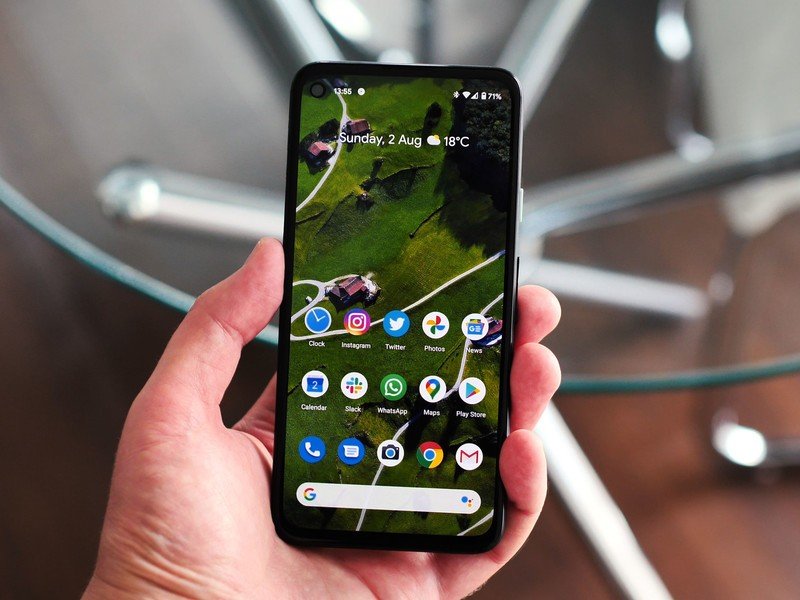
Now, Google is about to embark in an all-out price war. Reports indicate the upcoming Pixel 5 will start at a lower price than the Pixel 4, and it'll be less powerful at the same time. But Google's tactic of offering less isn't going to win over converts, it hasn't done so in the past. You could argue that Google needs to compete on price, but can Google really go up in a market like India with the 2020 Pixel line?
Speaking to Android Central in May, Avi Greengart, lead analyst at Techsponential, said:
The rumored Pixel 4a will be entering a much more competitive mid-tier market than its predecessor faced. Samsung is bringing its successful A-series to the U.S., TCL is making another run at the mid-tier, and Apple's four-year iPhone SE cycle reset at just the right moment. Outside the U.S., Chinese vendors are pushing phones with high-end specs at mid-tier prices.
Perhaps the camera could help, but if one notes that offering well-specced smartphones has yet to move the needle in terms of sales, one must equally acknowledge the same goes for the cameras.
Greengart told Android Central:
Camera quality is absolutely a key purchase driver, but all premium phones take excellent photos in good lighting, Google's rivals have implemented their own low light photography modes, and mainstream consumers cannot easily discern differences at a glance. When the Pixel 3a came out, I did a smartphone blind taste test with public radio's Marketplace; our non-technical testers did not see anything special in the 3a's camera, but they thought that the design looked and felt cheap.
Ru Bhikha, mobile expert at Uswitch, concurred, noting:
Since the success of the Night Sight on Pixel 2, Google have found it difficult to maintain imaging excellence with recent releases struggling to stand out against the competition. With rivals like the Huawei P series, in particular, muscling in on Pixel's USP by producing top of the range cameras at a similar price point."
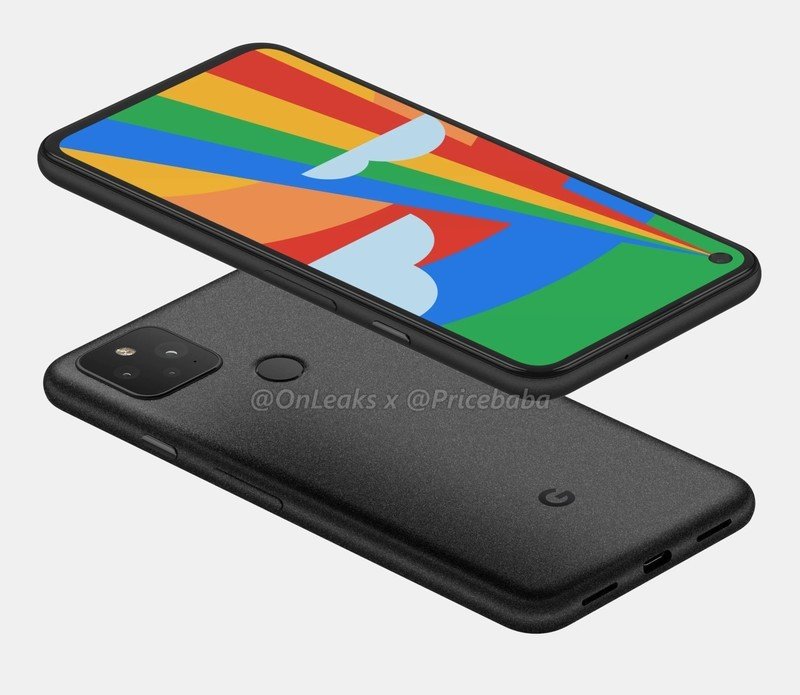
The new rumors and leaks about the Pixel 5 haven't quelled these concerns. Tech publication Ars Technica titled an article covering an Android Central's exclusive Pixel 5 report as "Pixel 5 is slower than the Pixel 4, has same camera as the Pixel 2". It may be a particularly negative way of looking at it, but it's not untrue. Even the Pixel 4a, reviewed widely as an excellent back to basics phone, caused Input Mag to question whether Google "had lost interest in phones". It's a good handset, mind you, but it has little to set itself apart in the Android market once you exclude camera and software. That Google has opted for a limited launch doesn't show that the company has much faith in that being enough.
As Pichai said, Google is making Pixels to produce an "opinionated" take on Android, and force the market in a direction that it wants to. But if no one is buying Pixels, what message are companies going to take about the value of Google's opinions? Already, OnePlus is moving towards Samsung's user interface and away from Google's, while Samsung steals Google's software support and adds its own hardware prowess. The only other stock Android savior of note is HMD Global, and its sales are estimated to be under 1% at last call. The company is poised to revv up in the next few months, but others have to be watching all this. Its businesses is selling phones, not ads. If Google's Pixel goal is to drive the direction of Android, all it appears to be doing is showing the competition what doesn't work.

Do it all without breaking the bank
The Google Pixel 4a is not the most exciting or interesting phone of 2020, but there's also no denying that it's a great value. It takes excellent pictures, has clean software, and is backed by years of guaranteed updates — all for just $350.

